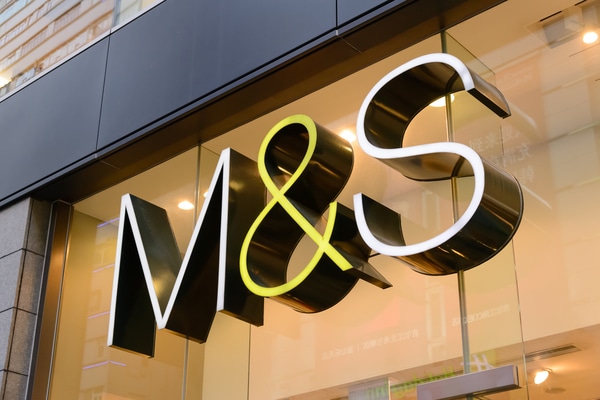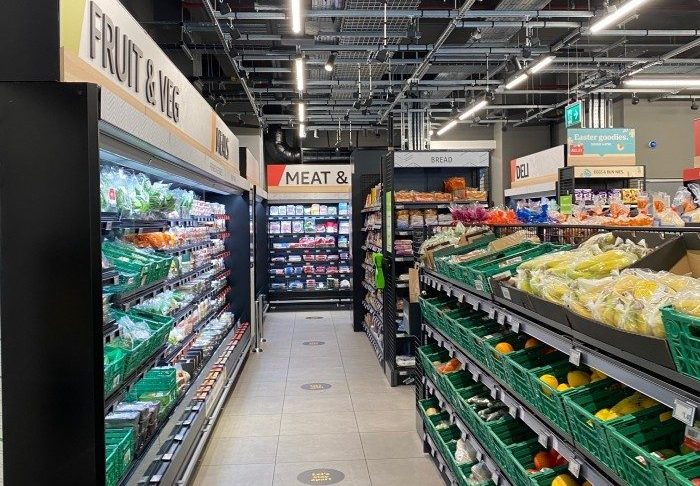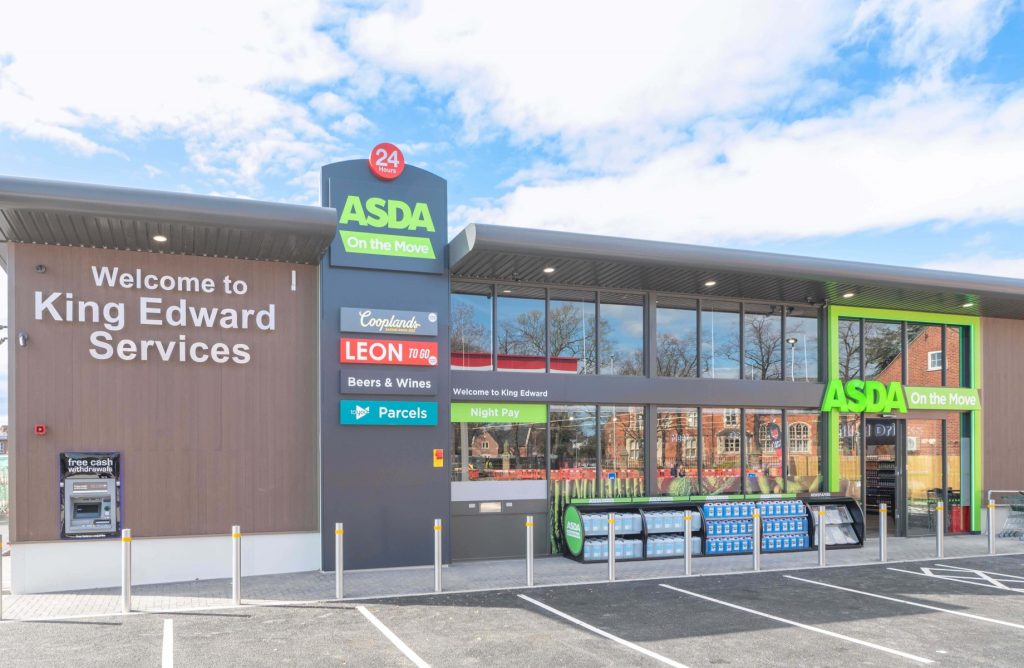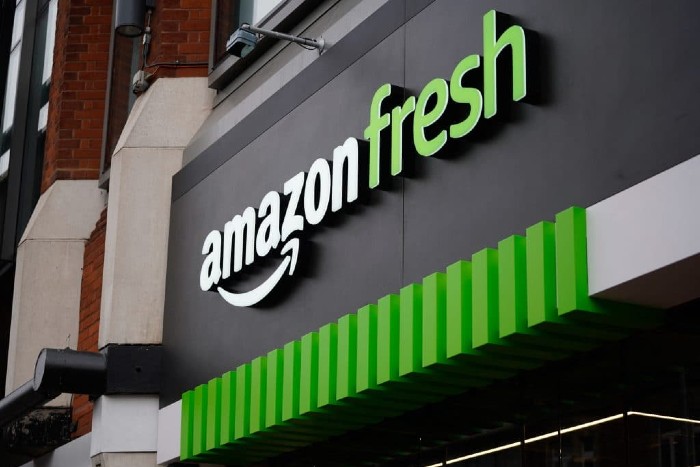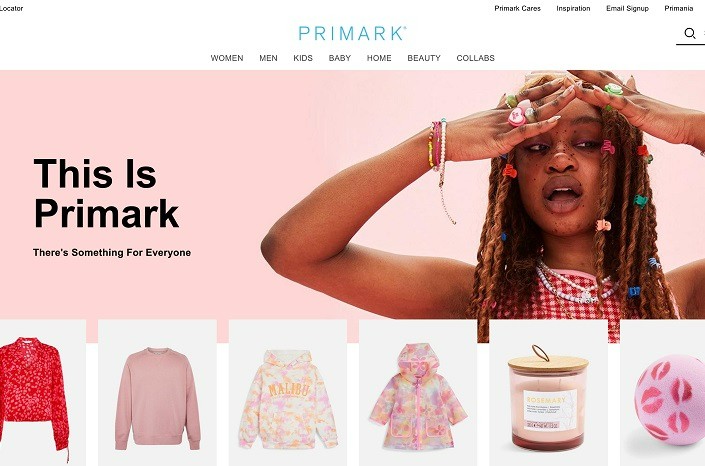On May 22, Marks & Spencer announced that it would close 100 shops by 2020. This move is part of a strategic overhaul through which chief executive Steve Rowe aims to radically transform the company and make it fit for the future. The reality is M&S is a dinosaur in the 21st century retail landscape. And, sadly, M&S may face extinction.
We are currently witnessing an evolutionary shift on the UK high street and staying with the analogy of evolutionary biology for a minute can help us explore the broader challenges M&S faces.
Nature uses “selection pressures” to ensure that particular species thrive in particular conditions. The current high street environment seems to be characterised by two such selection pressures:
READ MORE:
• The first links to the speed of the value chain, which manifests in the ever-reducing time to market for new products and the promise of same or next day availability.
• The second involves the ability of high street brands to achieve value-creating synergies between its online and high street formats.
Businesses that do not perform well against at least one of these pressures are in trouble.
Let’s have a look at which retailers have fallen short and as a result are mixed up in a “Great British Shake Out”.
Who’s about to be shaken out?
Similar to M&S, baby and maternity retailer Mothercare announced store closures in attempt to cut cost and reposition the firm. Its market is increasingly eroded by online retailers such as Amazon.
However, Mothercare’s situation is substantially more severe than that of M&S. To avoid insolvency the firm just tried to strike company voluntary arrangements (CVA) with major creditors in order to renegotiate its long-term contracts and further cut cost. Yet, saving costs does not solve the company’s competitive problem.
Who’s already been shaken out?
The selection pressures increased pressure on the UK high street, which resulted in a shake out of previously iconic brands.
In January 2009, Woolworths stopped trading. The demise of Woolworths was followed by the bankruptcies of HMV and Jessops in 2013, and BHS in 2016.
HMV’s business model of selling physical CDs and DVDs became obsolete when streaming services like Spotify and Netflix gained substantial share. Similarly, Jessops overestimated the role of high street stores to sell cameras and other photographic equipment. All of these brands were affected by the speed of the value chain and increasing online competition.
HMV and Jessops have since remerged from administration as investors acquired the brands and some of the assets (eg: the web shop) and relaunched the businesses. In the case of Jessops in particular, Peter Jones, one of the investors, emphasised the synergistic relationship between online and high street offerings at the heart of Jessops’ new strategy.
What does this all mean for M&S?
If M&S wants to avoid the fate of other UK high street dinosaurs, the closure of shops can only be the start of a far more fundamental restructuring. But let’s be clear – M&S does not need restructuring yet. It needs rejuvenation.
The company faces a number of tough decisions. It needs to think about the future of its product portfolio (its clothing range, in particular), the customer segments it is going to target and, more importantly, it also needs to start thinking about what a M&S high street store means today, and what it will continue to mean as we move into an increasingly digital future. M&S does not have the speedy value chain of Topshop, nor does it have the online capabilities of Next.
None of the issues M&S face have easy solutions. This leads us to question whether M&S is indeed capable of rejuvenating without injecting some fresh new blood. Such an injection could come in the form of an acquisition or a strategic alliance with a major online player for example, that could help M&S speed up the transformation process.
Going it alone might take too long. Evolution never stops.
Dr Martin Friesl is an expert in strategic management at Lancaster University Management School
Click here to sign up to Retail Gazette‘s free daily email newsletter

